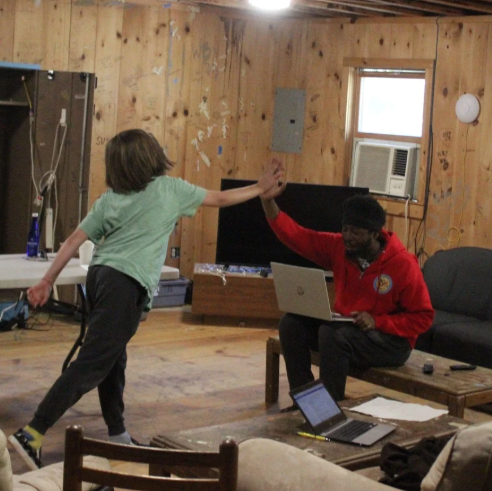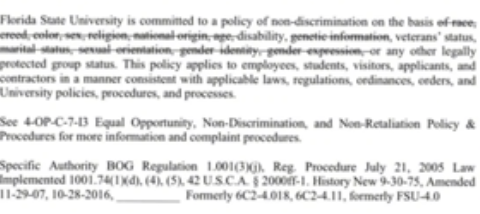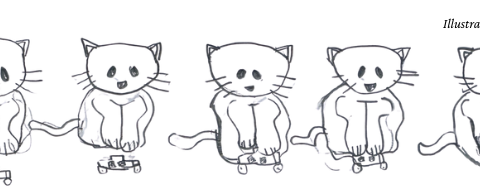A laugh is sort of like a vote, because when you laugh, you are voting with your voice for what is funny, what is absurd, and what is true. Taking away our ability to laugh at humorous truthtellers is a form of disenfranchisement. Voting is a right that every US citizen has, and when a right is threatened, or suppressed, does it not mean that all of the other rights are threatened? Does it not mean that if we are losing our freedom of expression, more and more, that we could lose others? Those in power would deny it, and that’s why we must retain the right to poke fun at them.
In any society, modern or otherwise, there are those in power. No matter what sort of power that is, there are always those who wish to keep it. From generals, to prime ministers. From band leaders to champion baseball teams. Even master chess players, presidents, and stand up comedians. This is the case in the US, too, and this is especially clear today.
The problem is, that the way that our current leaders try to keep that power is negatively affecting our country. Today, politicians have taken to censoring those who discredit them, instead of focusing on pursuing policies for which they could be commended. Today, instead of passing laws to make the everyday American citizen’s life better, the government has taken to suing politically-charged comedians such as late night host Stephen Colbert, for defamation, and not coincidentally, pulling the plug on funding schools that teach about race- and gender-based oppression and rights.
Some of the more widely reported examples of this: Donald Trump skipping the tradition of the annual White House Correspondents’ dinner; Trump digging into even more comedians like Kathy Griffin, Jimmy Kimmel, Maz Jobrani, Andrew Schultz, not to mention his infamous tiff with comedian Rosie O’Donnell that goes back years to her talkshow days and his days on The Apprentice.
Comedians specifically seem to aggravate our current president. Rosie O’Donell became a target after she featured a discussion on her current show that included critiques of the president, which most likely prompted the Trump administration to release a statement that roundtable shows like hers—one of the greatest forms of freedom of expression—should prepare to be “the next to be pulled off air.”
Nate Edwards, the counselor in charge of the stand up comedy elective, gave his own, real-world example. He said over email, “I performed a 30-minute set in Alaska, a deeply red state, shortly after Roe v. Wade was overturned and just said straight out on stage that women should have control over their reproductive rights. The crowd—especially women—laughed and supported the message.” “However,” Nate went on, “the venue owner disliked the material and told me to avoid ‘serious’ topics. It was a clear attempt to silence an artist’s voice, reminding me of how the Trump administration emboldened people to suppress perspectives they didn’t agree with.”
Asked for his opinion on the importance of political humor, Senior Camper Maxwell L. brought in another dimension to consider. “It’s important and necessary,” he explained, “because humor in general is necessary. When we laugh, we’re inherently understanding a situation through someone else’s eyes.”
A person who can’t laugh at themselves, especially a powerful person, is probably sorely lacking in empathy for other people. Without political comedians taking on the roles of informers, we cannot know the faults of our leaders. Without them, schools, and countless other suppressed expressions of freedom, we are compliant, manipulated, unheard, and ultimately we are silent. We must not let the dictators of the world have the last laugh, or else we’ll be the butt of the joke. ✎






